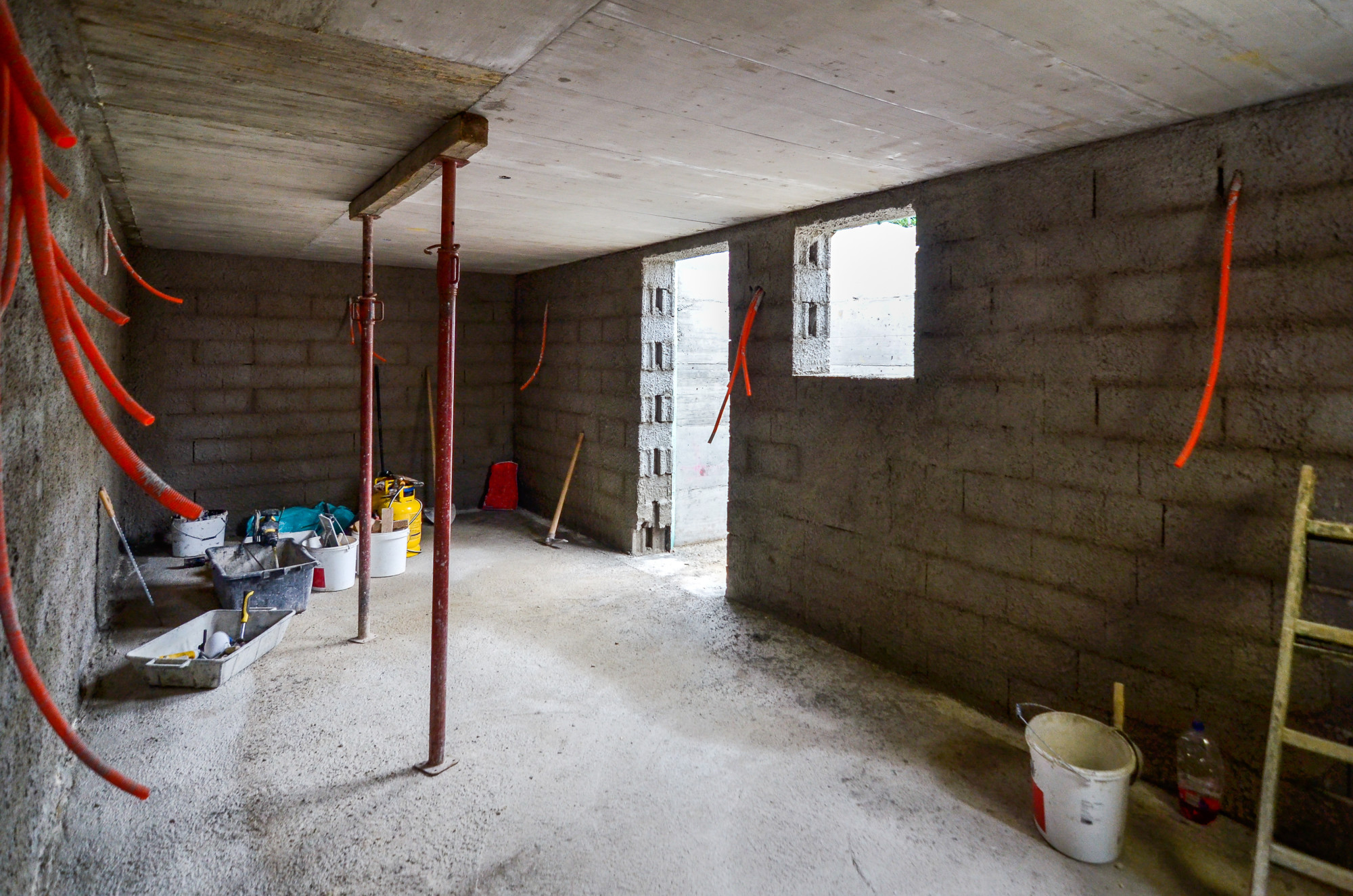The process of waterproofing plays a important role in maintaining the stability and energy performance of homes and facilities. As moisture can penetrate structures from various sources, such as precipitation, snowmelt, or ground seepage, the significance of adequate waterproofing cannot be overlooked. Many property owners and landlords often overlook this crucial aspect of construction, believing that it is merely a safety measure rather than a fundamental part of energy efficient design.
When it comes to energy savings, waterproofing helps to create a protection that keeps unwanted moisture at bay, preventing damage to insulating materials and reducing energy waste. A properly waterproofed building can maintain stable indoor temperatures, ultimately leading to reduced energy bills and increased comfort. By investing in efficient waterproofing solutions, property owners not only protect their property but also aid to green construction practices. Understanding how basement waterproofing affects the overall performance of a property is crucial for making educated decisions about upkeep and remodeling.
### Why Waterproofing is Crucial for Energy Efficiency

Waterproofing is vital for maximizing the energy efficiency of both homes and larger buildings. When a property is properly waterproofed, it helps to prevent water intrusion that can lead to dampness and mold growth, which not only compromises indoor air quality but also requires additional energy to regulate temperature and humidity.
